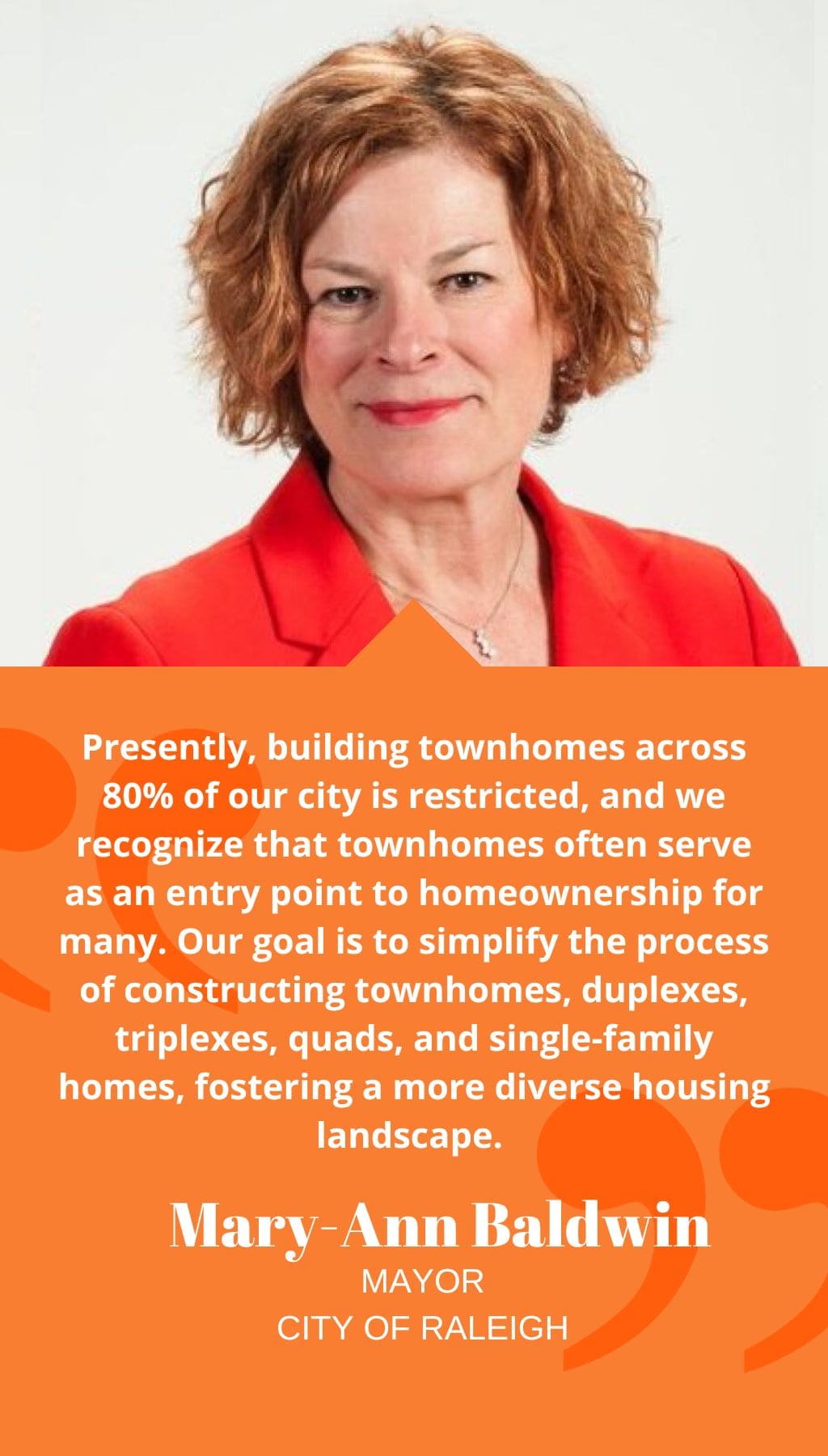
- USA | 4 June 2020

What factors contribute significantly to the city’s economic growth?
Certainly, one of the pivotal factors propelling Raleigh’s economic advancement is the diversity across its business landscape. We boast a robust technology sector, a thriving creative industry, and a particularly robust life sciences domain, notably thriving within the Research Triangle Park. This diversity played a crucial role during the recession in 2008 and remains instrumental amid the ongoing pandemic challenges. Another defining aspect that distinguishes us is the talent pool. With institutions like NC State University, Wake Tech offering specialized analytics certifications, and a collective array of esteemed colleges including William Peace University, Meredith College, Shaw University, and St. Augustine’s University, complemented by the neighboring Duke University and UNC at Chapel Hill, we have a unique amalgamation fostering an unparalleled talent pipeline. This contributes significantly as a key driver of our economic growth. Additionally, our quality of life stands out prominently. We’re witnessing a steady influx of people relocating here from various parts of the country, drawn by the exceptional standards of our schools, our expansive greenway and park systems, our vibrant arts and music culture, and our flourishing food scene. These aspects collectively contribute to Raleigh’s economic dynamism.
How is Raleigh addressing the issue of affordable housing?
Our primary focus lies in housing affordability, and to that end, we’ve outlined a comprehensive 10-point plan. The City Council’s initial step was crucial — we’ve granted permission for the construction of accessory dwelling units, commonly known as “granny flats,” allowing them to be built by right. Our aim is to encourage their construction, catering to aging parents or individuals seeking to rent out the property to provide additional housing options. Additionally, we’ve recently greenlit a rezoning text change to facilitate the construction of more “missing middle housing.” Presently, building townhomes across 80% of our city is restricted, and we recognize that townhomes often serve as an entry point to homeownership for many. Our goal is to simplify the process of constructing townhomes, duplexes, triplexes, quads, and single-family homes, fostering a more diverse housing landscape.
What are your predictions for the next couple of years?
There’s quite a lot on the horizon. Bandwidth’s expansion plans involve hiring approximately 1,000 employees and constructing a new campus in the western part of our city. This development includes features like walking trails and a Montessori school. The Department of Health and Human Services is also set to establish its new headquarters here, relocating 4,000 employees from Dix Park to a site near the Museum of Art, which will further revitalize that area. Moreover, our life sciences and research sectors are experiencing significant growth, contributing substantially to our economy. Concurrently, the region is witnessing an influx of newcomers. Recently, the Triangle area secured the No. 2 spot in U.S. News & World Report’s rankings for the best places to live in the country.














